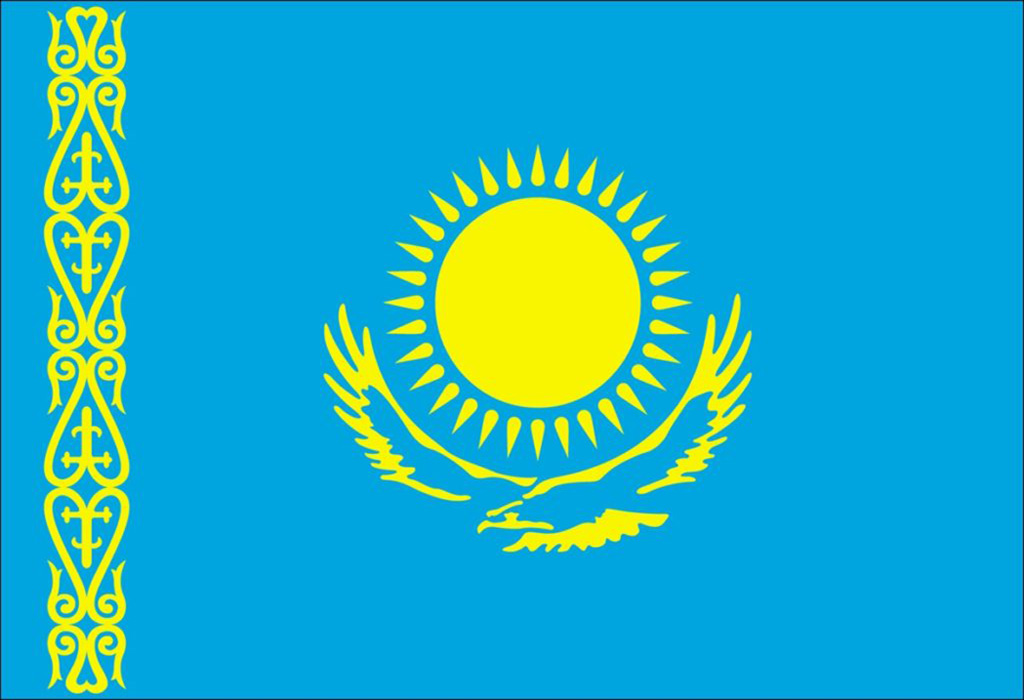The 21st meeting of the Berlin Eurasian Club themed The Enhanced Partnership and Cooperation Agreement (EPCA) between the Republic of Kazakhstan and the Eurasian Union: Achievements and Goals was held on October 4 in Brussels, Kazinform reports. Attending the event were representatives of the European External Action Service (EEAS) and the European Parliament; diplomats; politicians businessmen and experts from Kazakhstan and Germany. At the meeting, Deputy Minister of Foreign Affairs of Kazakhstan Roman Vassilenko noted that over the past year and a half the document had been ratified by 16 EU member states. This, according to Vassilenko, demonstrates considerable interest of the EU states to dynamic development of cooperation with Kazakhstan.
“The agreement significantly expands horizons and opens new opportunities for cooperation between Kazakhstan and the EU,” he said. In his words, volume of trade between Kazakhstan and the EU states totaled $24.1 billion in 2016, whereas the EU’s share in Kazakhstan’s trade turnover made 39.1%. “Over the first seven months of this year trade turnover with the EU countries has increased for 27% in comparison with the analogous period of last year,” noted Vassilenko, adding that such figures were stemmed by both the rise in the export prices and the positive effect of gradual implementation of the EPCA.
Vassilenko stressed that Kazakhstan continues to negotiate simplified visa regime and the readmission agreement with its European partners. Ambassador of Kazakhstan to Germany Bolat Nussupov, in turn, noted that Germany was the driving force in the development of relations between Kazakhstan and the EU from the very beginning and initiated the adoption of the first EU Strategy for Central Asia. He also gave an insight into the implementation of a number of state programs aimed at boosting specific sectors of Kazakhstan’s economy, paying special attention to the Kazakhstan-2050 Development Strategy that will help the country enter the world’s top 30 countries. “To achieve that ambitious goal, Kazakhstan needs to steer away its economy from overreliance on energy resource. Modernization of the existing sectors of economy and creation of the new ones is unthinkable without active and mutually profitable cooperation with the EU,” Ambassador Nussupov underlined.
During the panel discussions European experts lauded dynamics and effectiveness of Kazakhstan’s socioeconomic development and relevance of its foreign policy initiatives and emphasized Kazakhstan’s role in the Central Asian region. Luke Devin, Director of the EU Department for Russia, eastern partnership, the regional cooperation with Central Asia and the OSCE countries, pointed out that presently the EU is the key trade partner and largest investor of Kazakhstan. “Kazakhstan is the key economic and political partner of the EU in Central Asia. Kazakhstan is apparently the biggest economy in Central Asia,” the European diplomat said, noting that the EU highly appreciates Kazakhstan’s commitment to promotion of green economy, one of the priorities of the European Commission.
The new agreement, according to Mr. Devin, engages many spheres, including non-proliferation, further reforms in the spirit of democracy and human mobility between the EU and Kazakhstan. He reminded that Kazakhstan had become vitally important partner in the issues of regional and global security and had been playing a critical role in strengthening the non-proliferation regime and international stability worldwide. “We welcome Kazakhstan’s active role and its membership in the UN Security Council. Kazakhstan also contributes to the implementation of the EU Strategy for Central Asia,” he underscored. As a reminder, the Berlin Eurasian Club was created in 2012 as a dialogue platform for discussion of a wide spectrum of issues between Kazakhstan, Germany and the EU.




